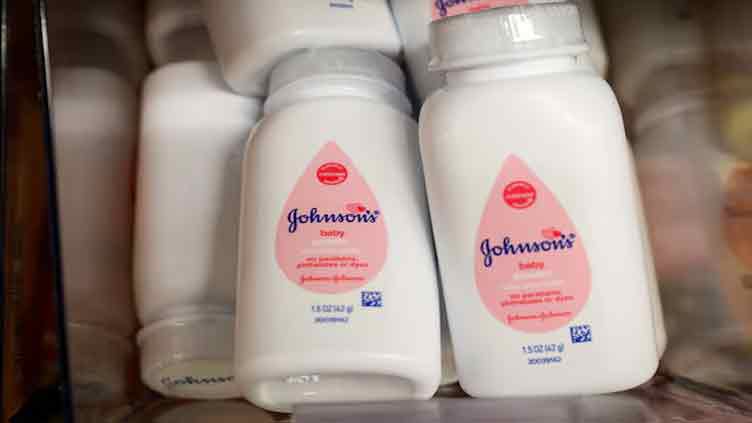Cancer victims lose bid to block proposed J&J talc bankruptcy

Plan considered as fraudulent attempt to put billions of dollars of assets out of plaintiffs reach
NEW YORK (Reuters) – A federal judge on Friday rejected a bid by a group of cancer victims to block Johnson & Johnson from pursuing a proposed bankruptcy settlement of tens of thousands of lawsuits alleging the company's baby powder and other talc products contain cancer-causing asbestos.
The cancer victims sought a preliminary order in New Jersey on June 11 to preventing J&J from filing for bankruptcy outside the state, which would have effectively foiled the $6.48 billion settlement plan. The motion was part of a class action lawsuit brought by plaintiffs' lawyers opposed to the plan.
But US District Judge Michael Shipp on Friday said he could not grant the motion because any harm to the victims was "strictly hypothetical." He said he had no jurisdiction to resolve a dispute over "events that have not, and may never, occur."
A lawyer for the plaintiffs did not immediately respond to a request for comment late on Friday.
J&J hopes to garner support from 75 per cent of claimants as part of the prepackaged bankruptcy plan. It has set a July 26 voting deadline.
The healthcare conglomerate faces lawsuits from more than 61,000 plaintiffs alleging its talc caused ovarian cancer or mesothelioma, a deadly cancer linked to asbestos exposure.
J&J maintains its talc is safe, asbestos-free and does not cause cancer. The company contends a bankruptcy settlement pays claimants fairly and equitably, as opposed to the civil justice system in which most plaintiffs receive nothing while some win outsized awards.
Plaintiffs' attorneys opposing the plan say it is a fraudulent attempt to put billions of dollars of the company's assets out of plaintiffs' reach, preventing them from getting the compensation they deserve.
J&J has failed twice to execute a bankruptcy maneuver aimed at ending current and future talc lawsuits.
The strategy, known as a Texas two-step, involves creating a subsidiary to absorb J&J's talc liability, which then declares bankruptcy to resolve cases. Two courts previously found J&J's subsidiary lacked the "financial distress" necessary to legitimize a bankruptcy filing.
J&J's plan focuses on resolving claims in bankruptcy from women with ovarian and other gynaecological cancers allegedly linked to talc. It has settled most mesothelioma cases outside of bankruptcy, and this month finalized a separate $700 million agreement to resolve claims from state attorneys general.


